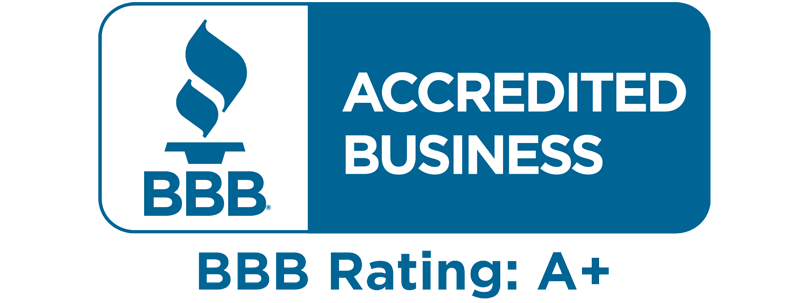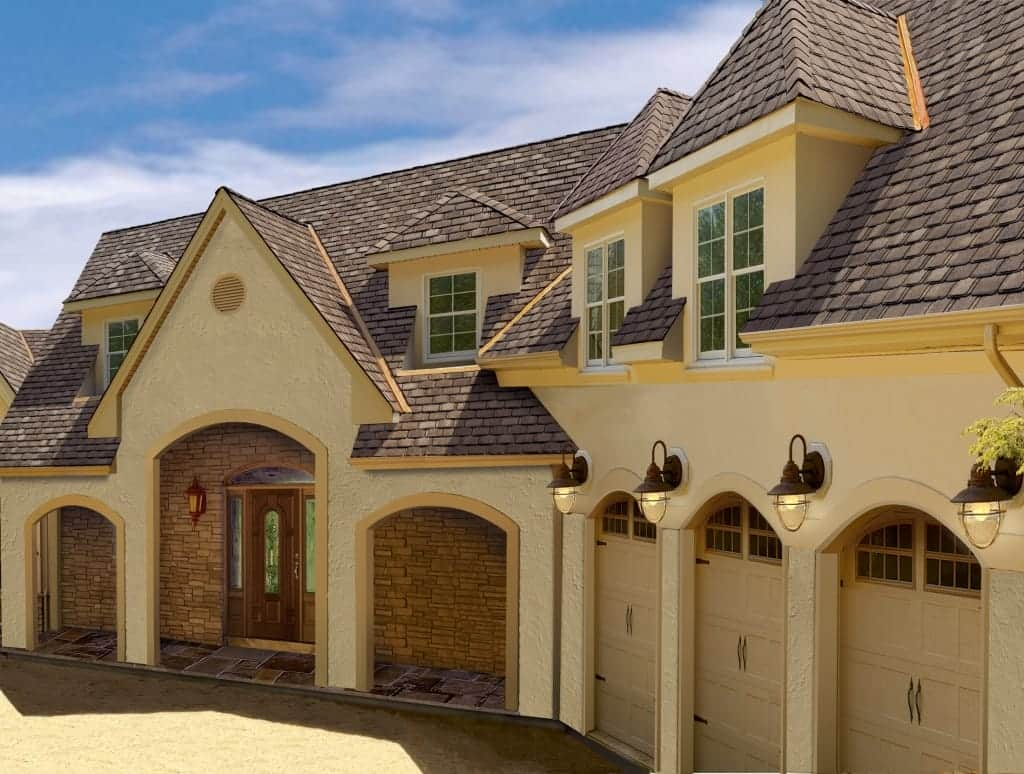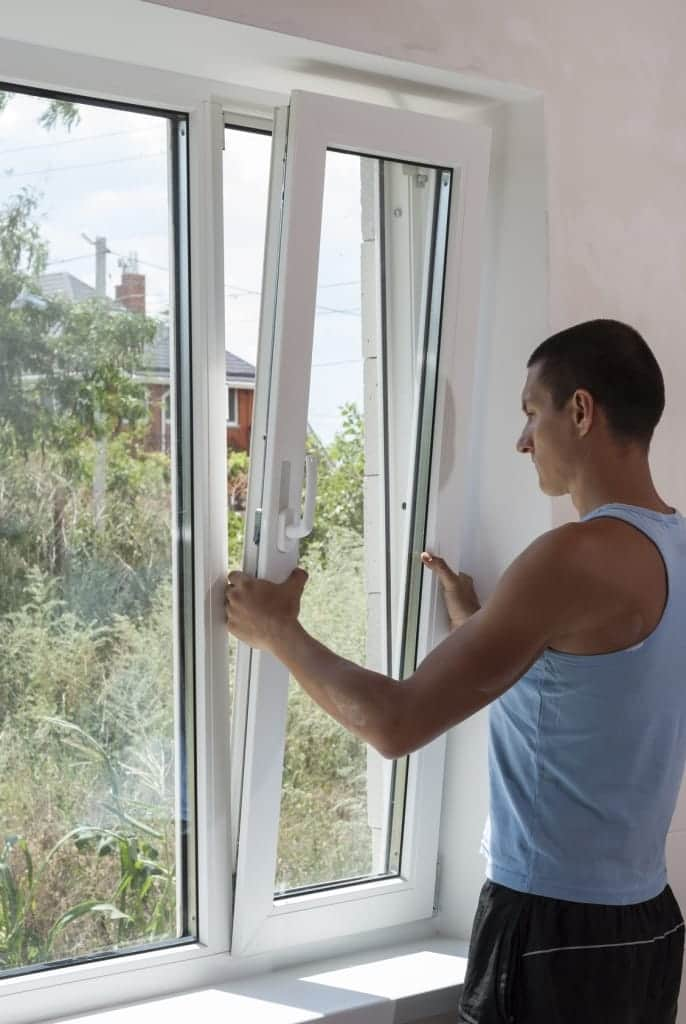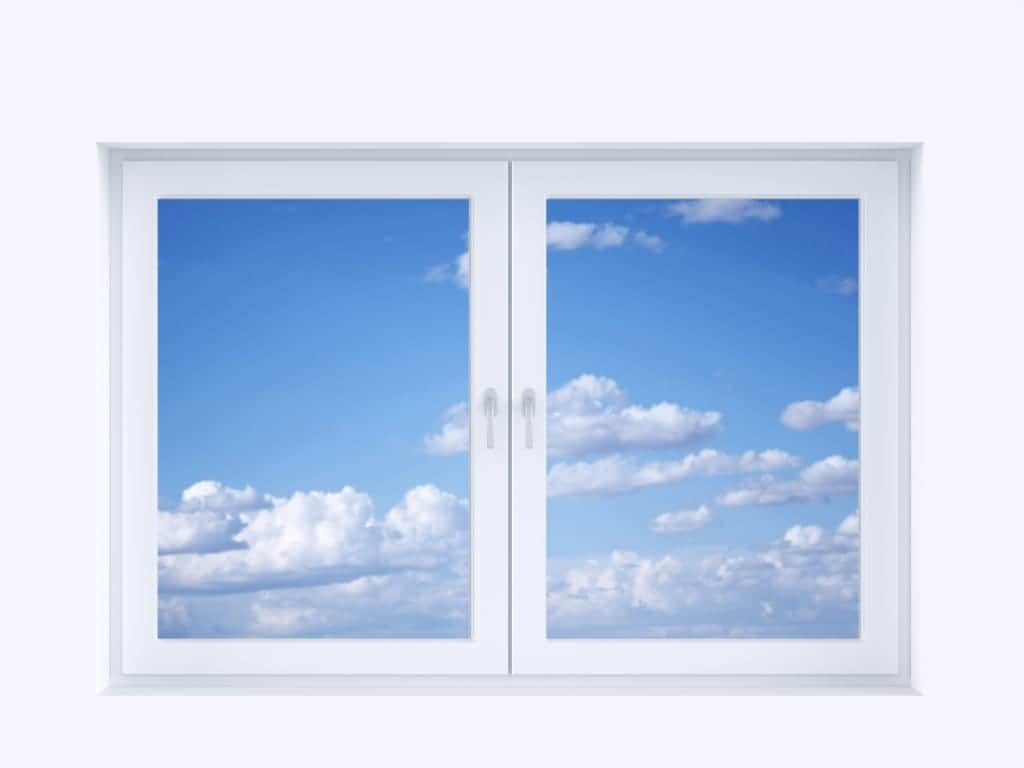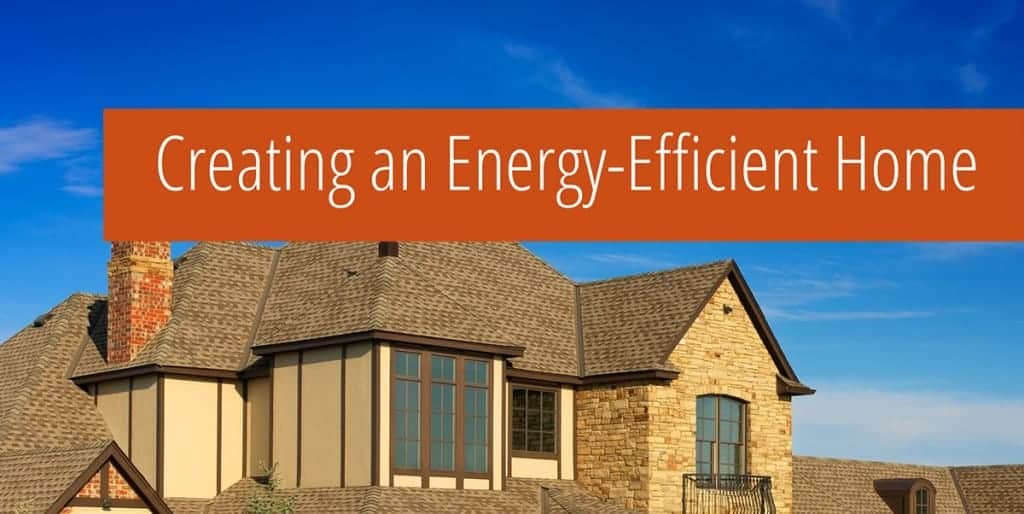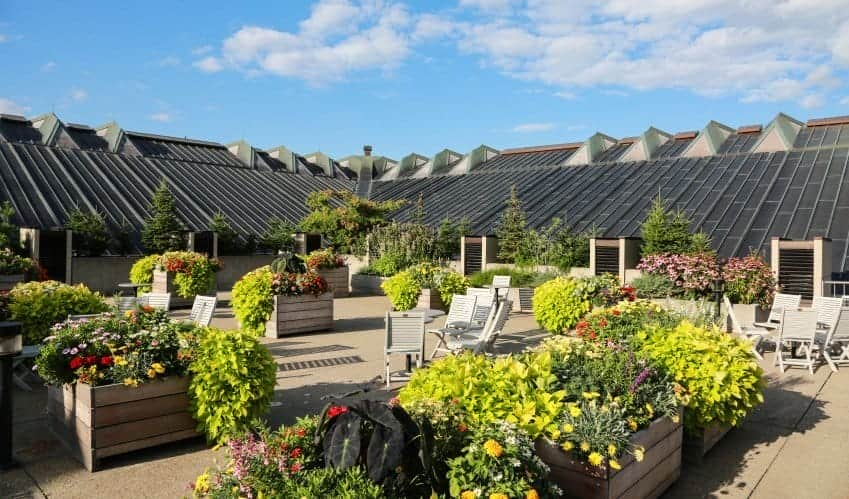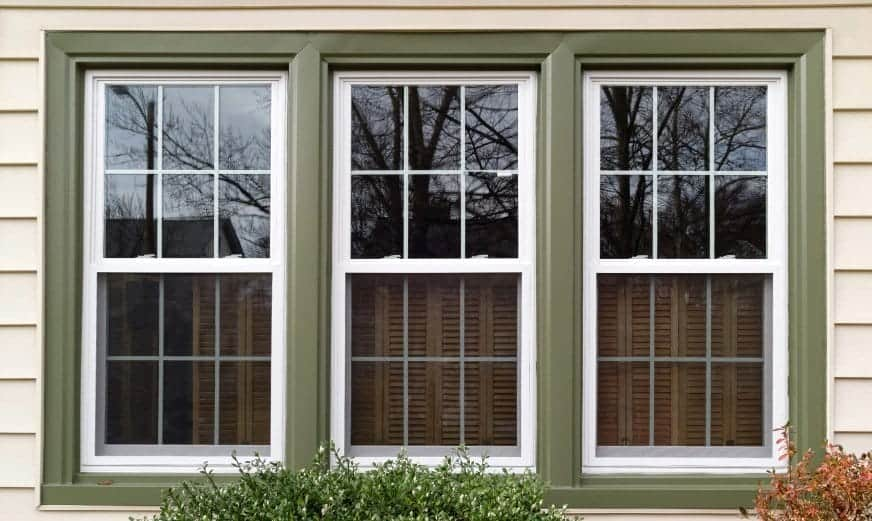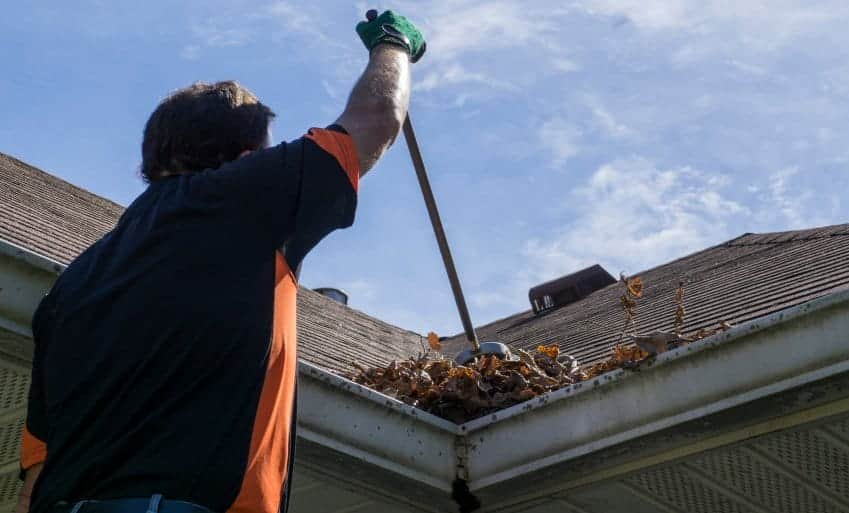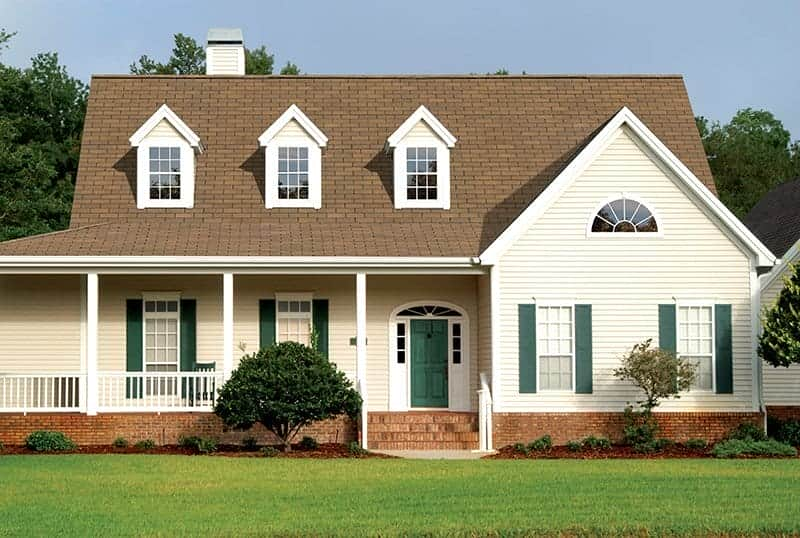All of Your Home Improvement Tax Questions, Answered!
Home renovations and repairs are considered as personal rather than business expenditures therefore, they are not tax deductible. However, this does not mean there are no tax benefits. Home improvements help in the reduction of tax you pay when you sell your home. This is because the costs of home improvement are added to your tax basis for tax purposes. For you to depreciate the costs of home improvement, you must use your home for other purposes other than personal residence.
One way to depreciate the cost and qualify for tax deduction, you need a business where part of your home is the office. The business has to be legitimate and use part of the home exclusively to do your business. Therefore, if you will qualify for deductions you can deduct the costs of home improvement you make to your home office. Additionally, the improvements that you do to your entire home are depreciable in relation to the percentage of your use of the home office.
Home improvements costs can also be reduced by renting part of your home. The expense of the rental cost brings down the cost of improvements.
The money you spend to keep your home usable and functional, and increase it lifetime will eventually pay you dividends and increase the resale of your home. Expenditures will not be deducted in the first year as the tax office considers them as capital investments and not business expenditures and are subject to rules that are different.
Every home has a different schedule of depreciation derived from the estimate of it useful life. With capitalization you can spread the deduction over the life period of your home.
Major Home Improvements
Costs of home improvement only come in to play when you sell the home, since major improvements add to the basis of the home. This is deducted from the sale price of the home reducing profits.
Your taxes are not affected by major home improvements unless the value of the home increase significantly from the time you bought it. When small projects are combined together the whole job will be taken as a home improvement. The value of your home can be increased by the amount that is spent on restoring the home to its previous condition.
Major home improvements should accomplish the following:
- Add material value to the home
- Prolong the usefulness of your home for a longer period of time
- Have your home adapted to new uses
Some of the major home improvements include:
- Making the home handicap accessible
- Adding a garage, new room, porch or driveway
- Installing a heating or cooling system that has been upgraded
- Re-plumbing or rewiring the home to meet the current codes
- Addition of a gazebo or pool that is built in
The guidelines for tax deductions are strict and it is recommended that before you hire contractors for home improvements, get advice from your tax consultant. The tax act says that a repair done in an area home improvements are being done it is included in part of the home improvement.
Tax Credit
This will give you significant savings and can reduce the amount of income tax that is paid. There are tax credits for different home improvement projects, for example improving home energy efficiency. This covers installation of insulation and adding windows that are energy efficient. Tax credit may also qualify for solar water heating.
As you start your home improvement project, it is important that you keep a record of all your expenses relating to home improvements and save each receipt. This will be helpful as you claim tax deduction for your home improvement.

